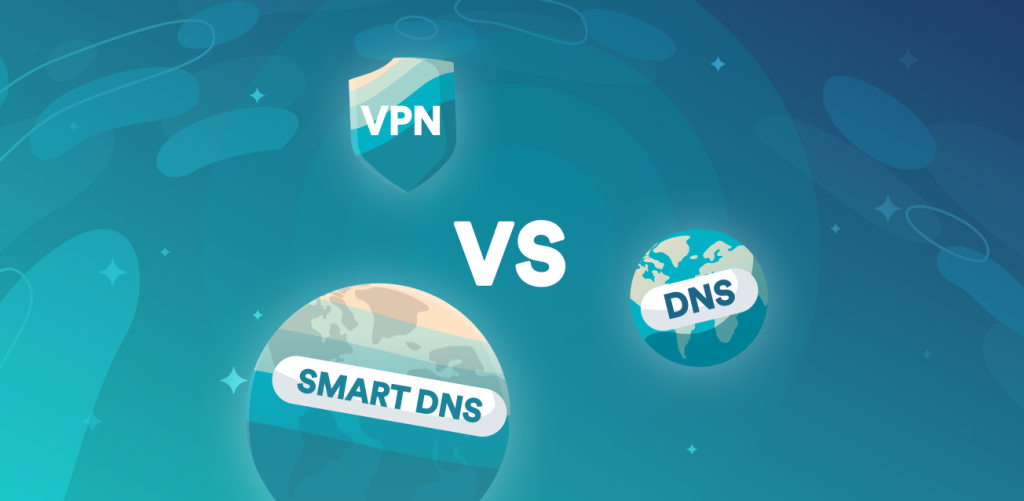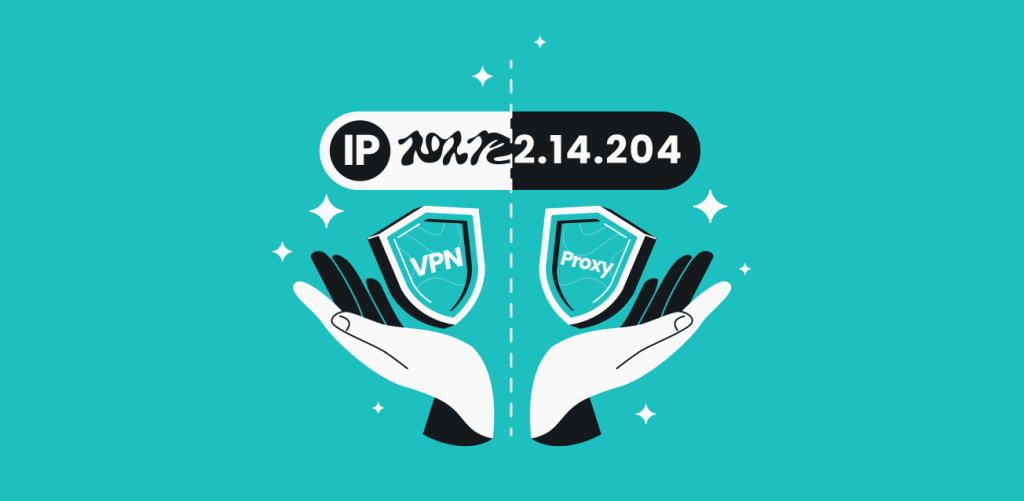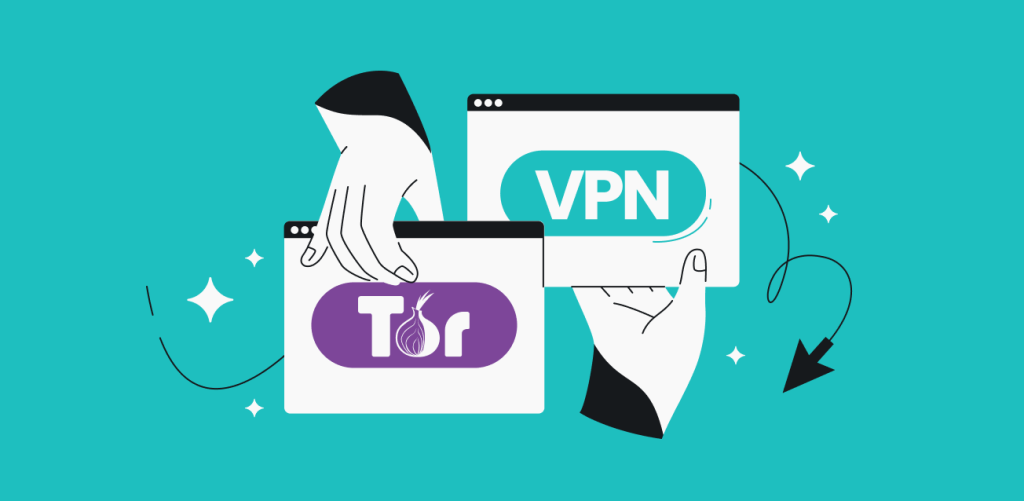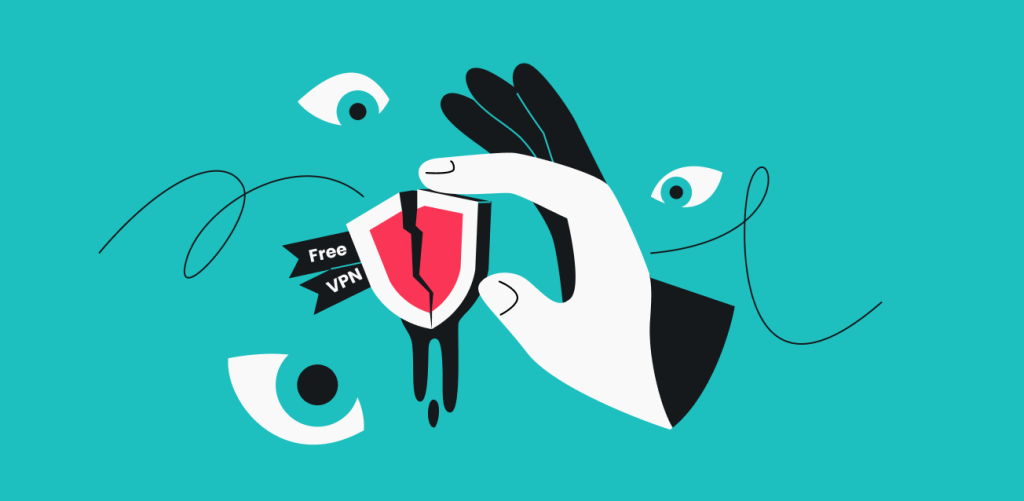
Has the desire for online privacy and security got you acting unwise, that is, looking at free VPNs? Then we must warn you about all sorts of dangers that come with this approach. Indeed, free VPNs aren’t the safest option out there. In this article, we’ll dive into the subject.
Are free VPNs safe to use?
No. Why? Because VPN (Virtual Private Network) services need resources to maintain the infrastructure. A trustworthy free VPN is hard to find because they still have to make money somehow, and some do it by selling your sensitive data, which is the opposite of improving your privacy.
Why should you avoid free VPNs?
Free VPNs typically make money by selling your data to data brokers or showering you with tons of ads. On top of that, free VPNs rarely have enough resources to maintain a decent infrastructure. That makes free VPNs easier to hack.
Using a free VPN to protect your online privacy is like using that free plastic grocery bag as a parachute — it could work in theory, but the reality is much different.
Just as a flimsy grocery bag would fail you in freefall, even the most secure free VPN may be insufficient when protecting your online activity.
If you want reliable protection, you have to invest in something thoroughly tested and proven trustworthy.
7 risks of using free VPN services
Talking about specific free VPN services, you have to thoroughly research them. You want to cut down on tracking, not get tracked because you use a VPN!
Lucky for you, I already did a little research, so here are some risks that you should think about before using even a “safe” free VPN:
Getting infected with malware
When it comes to determining how secure a VPN is, free VPNs never excel. A report published by the University of New South Wales and the University of Berkeley checked 283 free Android VPN-based apps and found that 38% contained malware or malvertising.
Ironic, isn’t it? You’re looking for a free and safe VPN to protect you online, but all you get is more malware.
Data collection and exposure to third parties
Since you’re not paying for a VPN subscription, free VPNs have other ways to benefit from you. One of them is collecting and selling your data.
Some free VPNs may collect your browsing history, search queries, IP address, and location, then sell that data to advertisers or other third parties. Now think about what can happen if you use a free VPN for online banking.
The same research on free Android VPN apps found that about 80% of free VPN apps ask for access to your sensitive data, and 84% willingly or accidentally leak that data to third parties.
Getting showered with ads
Allowing tons of ads is another way free VPNs can make money without charging you.
This seems harmless, but that’s not the case. Some free VPNs use ad-serving trackers that track your online activity and browsing habits to display targeted ads. That’s a massive privacy violation and quite the opposite of what a trustworthy VPN should do.
Getting your browser hijacked
Talking about browsing patterns, a free VPN can alter them by hijacking your browser.
Some free VPN browser extensions can insert malicious code into your browser. With such code running in the background, you might be redirected to shady websites without your permission.
Slowed-down internet connection
If you’re using free services that bombard you with ads, collect your info, or have some shady stuff running in the background, your internet connection will slow down. These things use your data or Wi-Fi, so your searches load slower.
Also, free VPNs rarely have funds for advanced infrastructure like premium VPNs do. With fewer servers, they can’t handle many clients. When servers get overloaded, free VPNs could slow your connection to a halt.
Lastly, free VPNs can intentionally slow down your internet connection and offer a premium paid plan to boost the speeds.
Not accessing content
Some people use free VPNs for illegal purposes. Because of this, their VPN servers get blocklisted by websites.
Since free VPNs don’t have many servers to choose from, you’ll likely end up with a blocked one. If you connect to a server that’s already been banned due to abuse, you won’t be able to access your favorite content or any other websites. Using such servers is also a huge security risk.
Potentially giving over your data to autocratic governments
VPNpro research shows that 24 entities control at least 105 popular VPNs — and a third of popular free VPNs are owned either by Chinese companies or Chinese nationals.
Now, the People’s Republic hasn’t banned VPNs entirely. It’s just that they have to cooperate with the government if they don’t want to be banned. Cooperating with the builders of the Great Chinese Firewall? That’s not something you want out of a company that will be routing all of the data you transmit via a VPN.
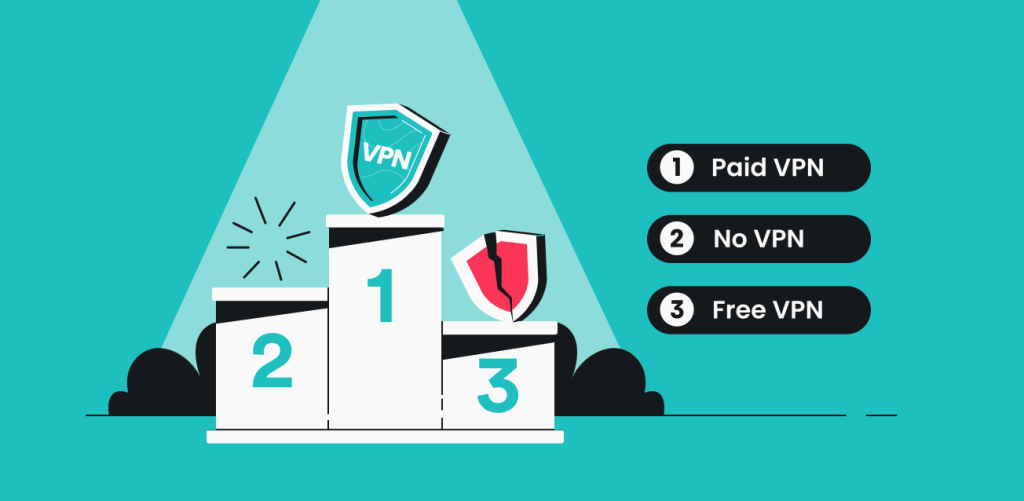
Are free VPNs worse than no VPN?
Most of the time, no VPN is better than a free VPN. In terms of security, free VPN providers can collect and sell data about you. That’s even worse than browsing without a VPN.
When it comes to exposure to malware, using a free VPN is also riskier than having no VPN at all. That’s because some free VPNs may contain malware or adware, infecting your device and compromising your security.
Of course, it’s important to note that not all free VPN providers sell your data or expose you to malware. It’s essential to do your research and choose a VPN provider you trust. However, I believe free VPNs can’t beat a premium service.
Free VPN vs. premium VPN
So, we know free VPN providers expose you to privacy threats & malware, but that’s not all. When it comes to free vs. paid VPNs, the differences are obvious in all areas. Here’s how free and paid services stack up:
Free VPN | Paid VPN | |
|---|---|---|
Data limits | Most free VPNs limit the amount of data that users can use each month. It can be as low as 500 MB or less. | Almost all premium VPN providers have an unlimited data usage policy and never track or restrict your VPN usage. |
Speed | Free VPNs often have slower speeds and may experience frequent connection drops or buffering issues due to cheaper infrastructure. | Paid VPNs offer faster and more reliable speeds, as they typically have more servers and less crowded networks. |
Protocols & encryption | Free VPNs have weaker security features and may not use the strongest encryption or the safest VPN protocols. They are generally easier to hack. | Paid VPNs offer more robust security features than any other VPN. This includes stronger encryption protocols and additional security measures. |
Features | Free VPNs are usually all about changing your IP address. They don't have additional features like an ad blocker or a kill switch. | Paid VPNs invest in premium features that give you a strong encrypted VPN connection. |
Server locations | Free VPNs may have limited server options, making it more difficult to access content safely. | Paid VPNs offer a wider range of server locations, allowing users to pick their preferred server. |
Customer support | Due to limited resources, free VPN service providers offer limited support options or none at all. | Paid VPNs usually offer 24/7 live customer support via chats, emails, or phone. |
Privacy policy | Free VPNs might be based in countries with weak privacy protections and can collect & sell logs. | Paid VPNs are usually based in countries with strong privacy laws and offer tested and verified no-logs policies. |
Price | While free VPNs don't ask you to pay, they still have to make a profit somehow, usually by collecting and selling your data. | Paid VPNs require a subscription fee. The prices differ from one VPN provider to another, so you have quite a few options. |
It’s worth paying for a reputable VPN service offering unlimited data, faster speeds, and better security.
If you’re concerned about the risks associated with free VPNs but don’t want to jump into premium with both feet, consider a VPN free trial. This way, you can test the difference in security and performance without risking money.
How to choose a safe and reliable VPN service
First, as I mentioned earlier, to get a trustworthy VPN, you must do your research. How? Check out your selected VPN’s privacy policy.
You should find all the information a VPN provider collects about you and where it goes. For maximum privacy, choose a VPN with a no-logs policy to ensure that everything you do while connected to a VPN stays with you.
Next, check if the VPN provider has any audits that can prove their privacy claims. If the answer is yes, congrats, you found a safe and reliable VPN service.
Final note: free VPNs do more harm than good, so opt for a premium VPN
While using a free VPN may seem like a cost-effective solution, it can expose you to a higher risk of malware. If you want to protect your device and data from potential attacks, use a paid VPN, like Surfshark, with the necessary resources, expertise, and robust security measures.
FAQ
Is it risky to use a free VPN?
Yes. When it comes to VPNs, free services aren’t safe. They have little resources for good infrastructure or additional safety features. Even worse, free VPNs can compromise your online security by collecting and selling your data or showering you with ads.
Do all free VPNs sell your data?
No. Not all free VPNs sell your data, but it’s important to note that they typically rely on other revenue options, such as ads, since they don’t charge a subscription fee. VPNs aren’t free to run — the infrastructure costs money, so the providers need to get that money somehow. So before you try a free VPN, review its privacy policies.
Is a free VPN safe on an iPhone?
No. While iPhones are generally better protected from malware than Android phones, a VPN that collects your data is dangerous on any device.
Are there any good free VPNs?
No, not really. Due to their funding model, most free VPNs are suspect. And those that have an unimpeachable track record still can’t afford to offer the same level of service quality as premium VPNs.


